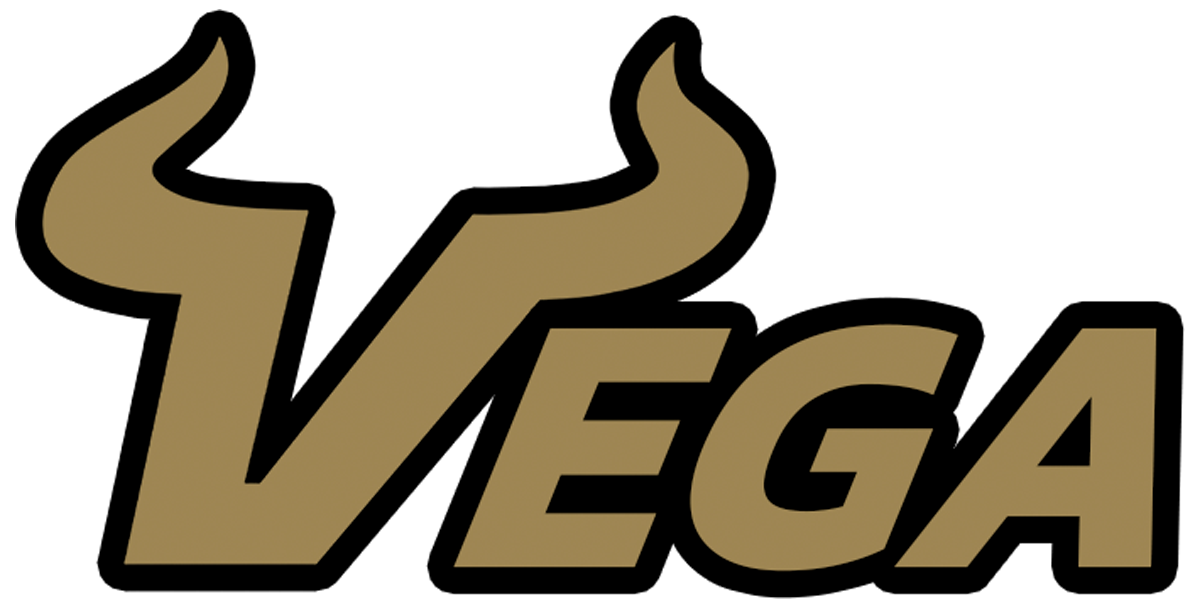Superintendent Update for October 25th:
In our article last week, we discussed the Special Legislative Session and the Senate’s response to the Governor’s charge for schools during this time. On Thursday, October 18th, House Public Education Chairman Brad Buckley filed HB 1 that would bring many changes to public education. This bill would create a modified version of school vouchers and it would go further by increasing spending for public education by $8 billion for the next two years. It would also pause accountability and restore funds to the virtual education platform. Chairman Buckley stated on Thursday of last week that he would not seek to advance any bill that included vouchers unless Governor Abbott first adds school funding to the agenda for the special session. This is an interesting twist since the Governor has previously vowed that he would not add any funding to public education unless a voucher bill was passed.
HB 1 creates an education savings plan (voucher) account that would be limited to 25,000 students. The SB 2 plan would allow 62,500 students to receive funds for a voucher system. Under HB 1, eligible students would get an amount equal to 75% of the estimated state funding per student. Voucher recipients would be required to take the same STAAR tests given to our public school students. If they continually perform poorly, the voucher dollars could be removed. The same bill creates a one-time retention stipend of $4,000 for each employee subject to the minimum salary schedule and $2,000 for each part-time teacher, librarian, counselor and nurse in 2023-24. Additional funding for teacher salaries would hopefully allow these stipends to continue beyond one year.
HB 1 requires that the commissioner use the 2022 accountability standards through 2026. The basic allotment that districts receive for every student would be increased to $6,190 in 2023-24 and $6,500 in 2024-25. The bill allows districts to adopt a sixth golden penny to maximize their state funding and would create allotments for fine arts, safety, insurance, Pre-K, and Special Education. It would increase allotments for small and mid-size weights along with compensatory education funding. It would mitigate the impacts of state values assigned in Property Value Studies and remove the cap for fast growth in large districts.
While there is no fiscal note for HB1 available, its total cost is estimated to be $10 billion which is considerably more that the $5.2 billion included in the Senate’s SB1 which only provides for an Education Savings Plan/voucher program. SB1 has passed the full Senate and has been referred to the House Select Committee but is yet to be scheduled for a hearing. The Third Special Session is scheduled for a maximum of 30 days which gives both chambers until November 8th to get something accomplished.
It remains to be seen if and when this bill from the House or bills from the Senate will receive the votes needed to pass. But we can remain hopeful that there will be additional funding for public education on the horizon.

